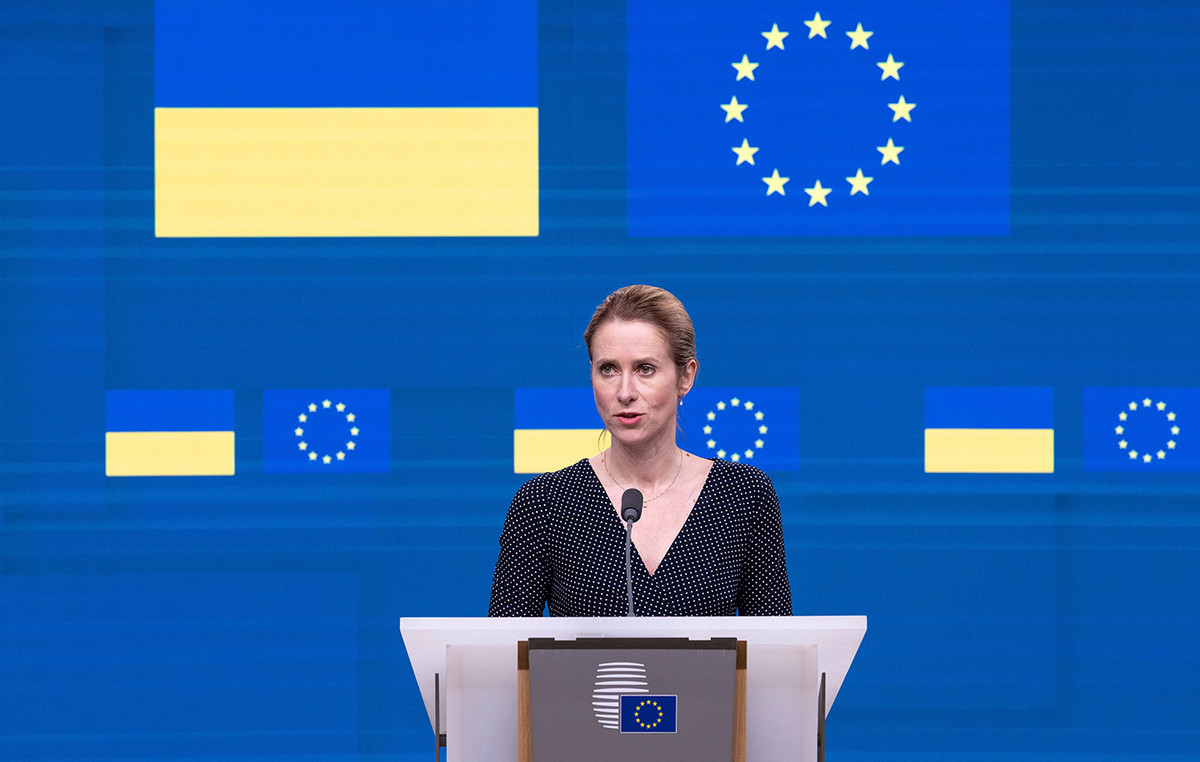Dimitris Katsaganis
The “status” of the new Auxiliary Capital Insurance Fund (TEKA) will be completely different, which will operate from January 1, 2022, not only for the management of contributions (as they will be saved in individual “piggy banks” and will be invested and not will be used to pay current pensions), but also to collect them.
The differentiation will concern the payment of both the current and the overdue contributions of those employees without previous (until December 31, 2021) previous service insured in TEKA from the new year.
Specifically, although e-EFKA will collectively collect the current contributions of employers and new insured (6.5% as in favor of TEKA), they will be collected in another account (before being distributed to the individual “piggy banks” of the insured) and not to that of the auxiliary insurance branch of e-EFKA.
With regard to overdue contributions, if an employer does not pay overdue contributions in favor of the new auxiliary (TEKA) for any employee hired from January 1, 2022, he will face criminal penalties.
In fact, these sanctions will not be suspended even if he settles or partially pays his debts (eg with “against” payments), which leads de facto only to their mandatory one-time payment (ie without any regulation), so to “thaw” such sanctions.
Also, any employer who does not pay all the debts to TEKA, will not be able to dismiss – if he wishes – the employee for whom he owes contributions. In other words, in order to dismiss him, he must first pay in full his contributions to his supplementary insurance.
According to competent executives, since the same strict legal “with overdue debts” “regime” does not apply to e-EFKA (as in TEKA) and the other insurance companies, ie OAED and EOPYY (of which e-EFKA) contributes to the reservations), there will be a possibility of autonomous payment of the debts to TEKA and not necessarily together with the debts to EFKA – OAED – EOPYY. Thus, if someone owes in both directions, ie both to EFKA – OAED – EOPYY and to TEKA, he will be able to repay (immediately and in a lump sum) TEKA in order to avoid the consequences, ie the criminal sanctions but also the impossibility of dismissal.
Otherwise, as has been pointed out by circles of the Ministry of Labor, the deadlines and time of submission of DPAs are not modified and continue to apply as today, ie the DPA is submitted by the end of next month by the employee.
More specifically, the law on current and overdue contributions provides the following:
– Current contributions
The contributions of the insured (3.25% on the gross salary) and the employers (3.25% on the gross salary) are paid monthly and are paid at regular intervals.
The total of the insurance contributions to be paid to the Auxiliary Capital Insurance Fund (TEKA) is computerized in a distinct way from the contributions concerning the Auxiliary Insurance Branch of e-EFKA.
The contributions related to the auxiliary insurance are collected on behalf of TEKA by e-EFKA, according to the procedures applied for the collection of the contributions of the Auxiliary Insurance Branch of this body and then are returned within two months from the collection and as a priority to Cash desk.
– Overdue debts
If the insurance contributions related to the supplementary insurance are paid overdue by the obligor, they are charged with the interest and surcharges provided for the compulsory insurance contributions.
The receivables of the Auxiliary Capital Insurance Fund (TEKA) for overdue contributions are collected in accordance with the Public Revenue Collection Code (KEDE) by the Insurance Debt Collection Center (KEAO) and the provisions of the EFA are applied proportionally. These receivables are classified as immediately receivable and are collected on a priority basis.
If the overdue insurance contributions are not paid, the provisions on criminal sanctions apply.
Especially for the overdue insurance contributions to TEKA, the criminal prosecution of the debtors is not suspended by their settlement or partial payment and the full repayment is a mandatory reason for the elimination of the crime.
The payment by the employer to the Fund of all the overdue contributions of the employee and the employer constitutes a condition for the valid termination of the employee’s employment relationship or contract.
Individual Insured Account
For each insured of TEKA, an individual account is created (which will be accessible by each insured), in which at least:
– The contributions payable
– The contributions paid
– The contributions due
– The returns from the investment of the contributions paid
– The deductions on the contributions (1%) which form the operating reserve of TEKA and are used in particular to cover the operating expenses of the Fund.
The Individual Account of each insured is kept electronically. The individual account of each insured person is abolished with the issuance of the decision to grant a pension by the Fund and in any case with the completion of the general retirement age limit, with the issuance of a decision to grant a disability pension by the Fund and, in case of death of an active insured and if there are beneficiaries persons, with the issuance of the decision to award a pension due to death.
.
Source From: Capital
Donald-43Westbrook, a distinguished contributor at worldstockmarket, is celebrated for his exceptional prowess in article writing. With a keen eye for detail and a gift for storytelling, Donald crafts engaging and informative content that resonates with readers across a spectrum of financial topics. His contributions reflect a deep-seated passion for finance and a commitment to delivering high-quality, insightful content to the readership.







